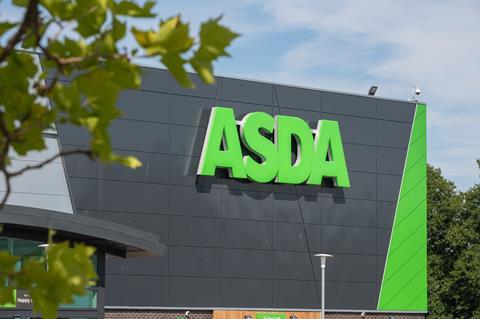
Pressure is continuing to mount on Asda and owner Mohsin Issa as the latest industry data this week revealed a sharp slump in summer sales and more ground lost on market share.
Sales sank by 6.4% in the 12 weeks to 10 August, with Asda being the only one of the traditional ‘Big Four’ to register a decline during a period of bumper figures for the industry, according to NIQ’s monthly till roll report.
It meant Asda dropped 1.3 percentage points from its market share to take it to 11.8%, which remained only slightly higher than Aldi’s 10.4% for the same period.
Earlier this month, Asda chairman Stuart Rose told The Telegraph he was “embarrassed” by the supermarket’s recent performance.
And as The Grocer noted in a recent analysis, while once-troubled Morrisons, which is also owned by private equity, appears to be fighting back under new CEO Rami Baitiéh, Asda continues to struggle badly as store standards slip.
Its latest poor performance comes against a backdrop of the biggest boost to supermarket sales so far this year thanks to slowing inflation, a mini-heatwave and price cuts. Total till sales grew 5.5% in the four weeks ended 10 August, up from 3.6% in the previous month, with weekly sales hitting a 6.6% rise in the week to 3 August, NIQ reported.
In terms of retailer performance over the past three months, M&S and Ocado remained the fastest growing, with sales up 10.7% and 14.3% respectively.
Morrisons registered growth of 2.1%, with Tesco up 4.8%, Sainsbury’s and Waitrose both up 5.3%, and contrasting fortunes at the discounters, with Lidl sales 9.6% higher and Aldi’s dropping 0.7%.
Share prices on the London Stock Exchange at Sainsbury’s, Tesco and M&S also traded positively this week and are up 12% to 285p, 25% to 345.4p and 39% to 332.5p respectively in the past six months.
“Asda’s trading momentum shows no sign yet of improving, it may yet take some months to bottom out,” said Shore Capital broker Clive Black.
“With very little new space, I commend both Sainsbury and Tesco in gaining market share. From store visits we see strong overall execution from both players in grocery plus the benefit from their proprietary loyalty initiatives remaining potent in the current market and strong overall assortments.”
He added: “A competitive but rational industry looks reasonably well set for the return of folks from holiday and then the run into Christmas.”







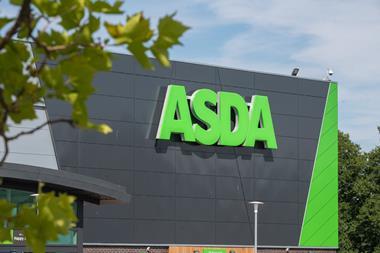
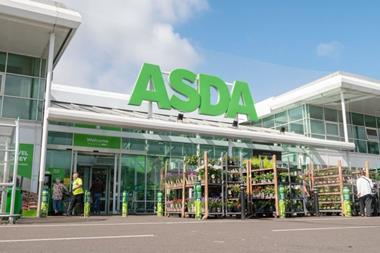

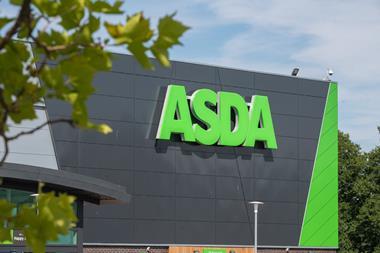
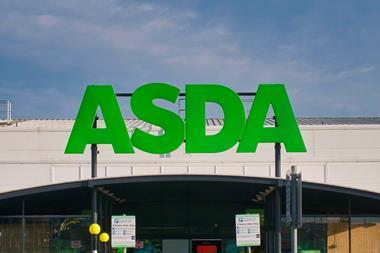







No comments yet